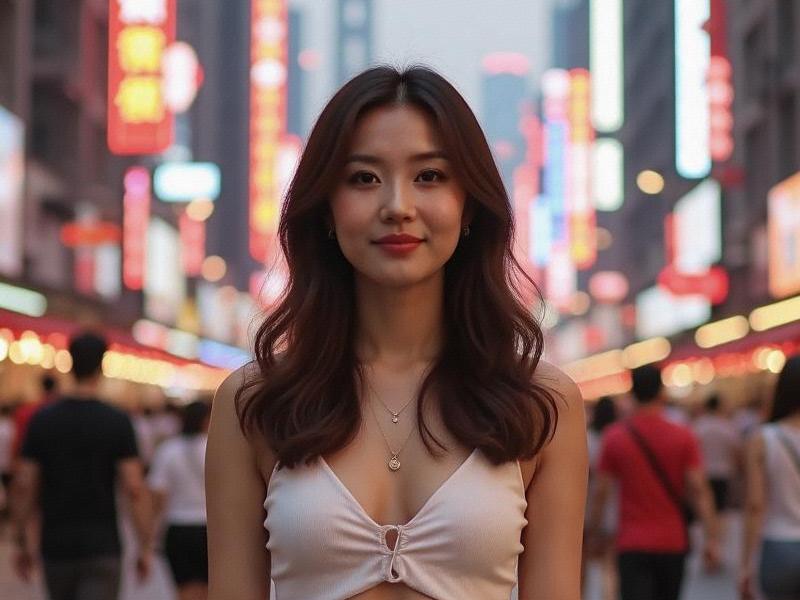
Section 1: The Architectural Dichotomy
1. Skyline Evolution:
- The Lujiazui financial district's ongoing expansion
- Preservation of 1930s Shikumen architecture
- Adaptive reuse of industrial spaces (e.g., M50 art district)
- Underground city development beneath People's Square
2. Design Philosophies:
- "Vertical forest" concepts in new skyscrapers
- Traditional courtyard elements in modern buildings
- Feng shui principles in urban planning
- Climate-responsive facades
爱上海同城对对碰交友论坛 Section 2: The Cultural Equilibrium
Living traditions in a digital age:
- Surviving tea houses in the CBD
- Hidden dumpling masters in glass towers
- Silk embroidery workshops turned tech startups
- Puppet theaters with holographic enhancements
Section 3: The Social Fabric
Changing demographics:
- Return of overseas-educated Shanghainese
- New migartnpopulations
上海龙凤419体验 - Aging communities in regenerated areas
- International expat enclaves
Section 4: The Economic Alchemy
Traditional industries transformed:
- Jade markets becoming blockchain hubs
- Tailor shops offering 3D body scanning
- Wet markets with AI pricing systems
- Calligraphy tools for digital artists
Section 5: The Transportation Revolution
上海贵族宝贝sh1314 Mobility solutions:
- Autonomous ferry trials on Huangpu River
- Underground bicycle parking systems
- Maglev expansion plans
- Drone delivery test zones
Conclusion: The Shanghai Model
Why this balance matters:
- Lessons for other global cities
- Measuring cultural GDP
- The business case for preservation
- Next-generation Shanghainese identity
Shanghai demonstrates that technological supremacy and cultural continuity aren't mutually exclusive but mutually reinforcing.
